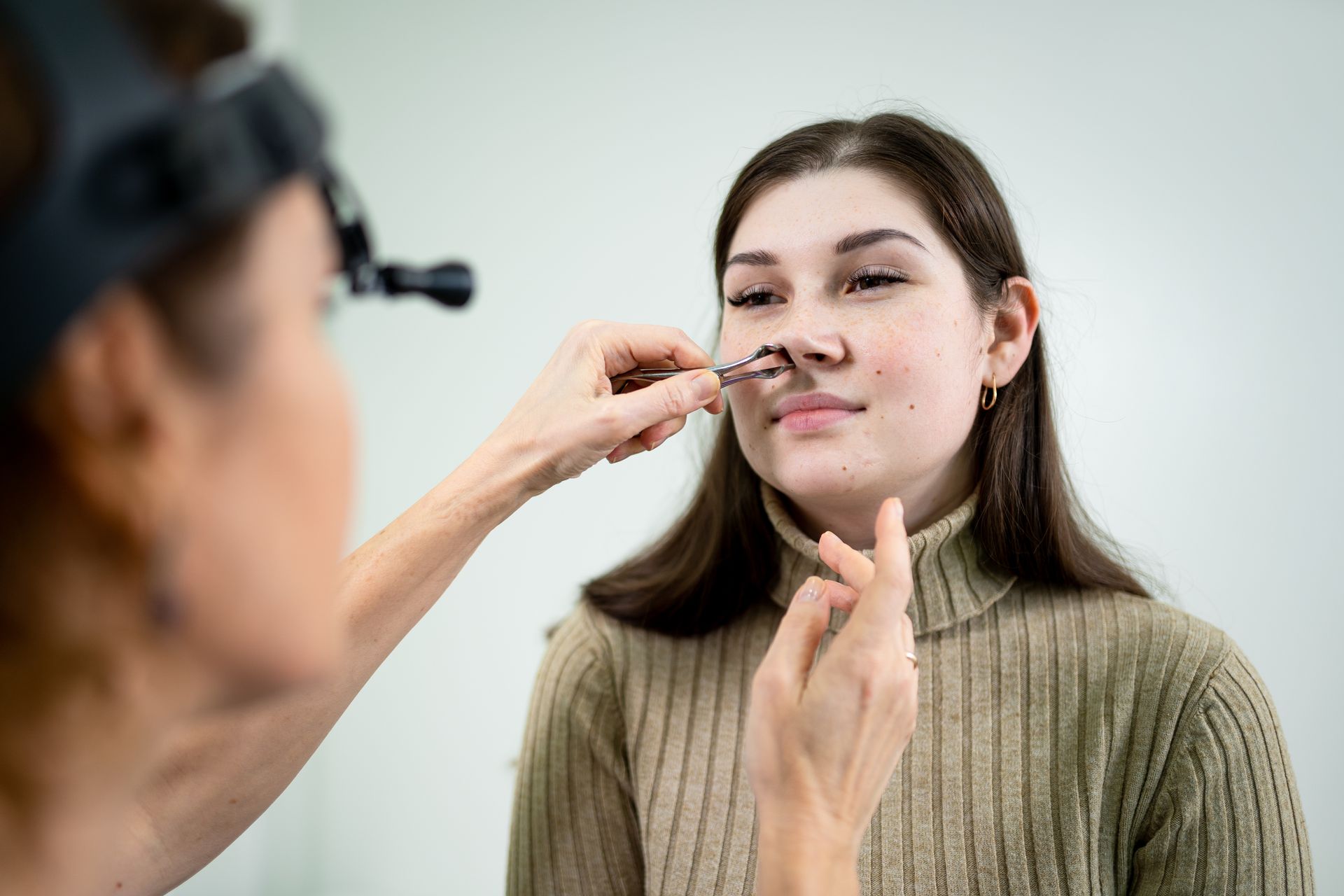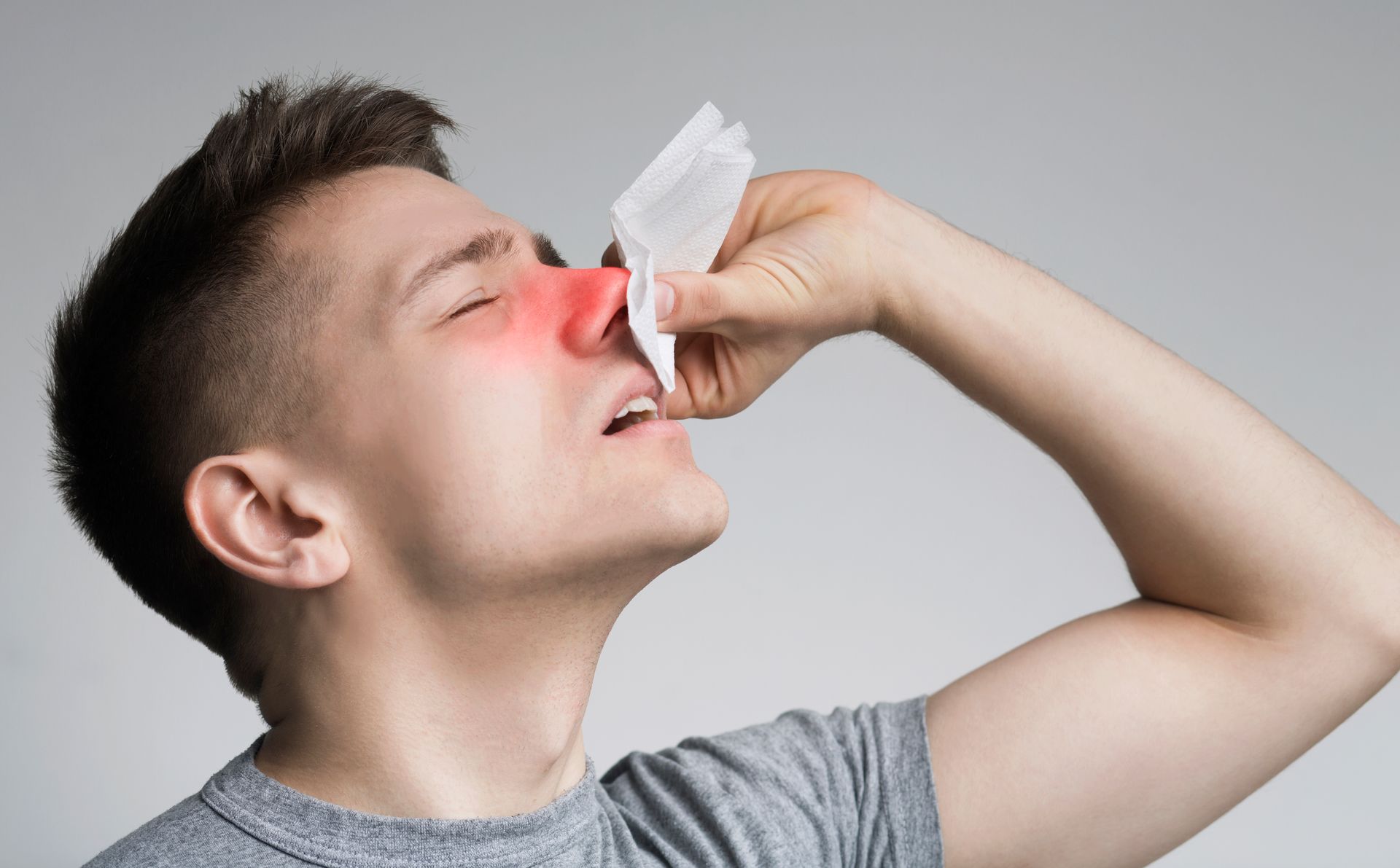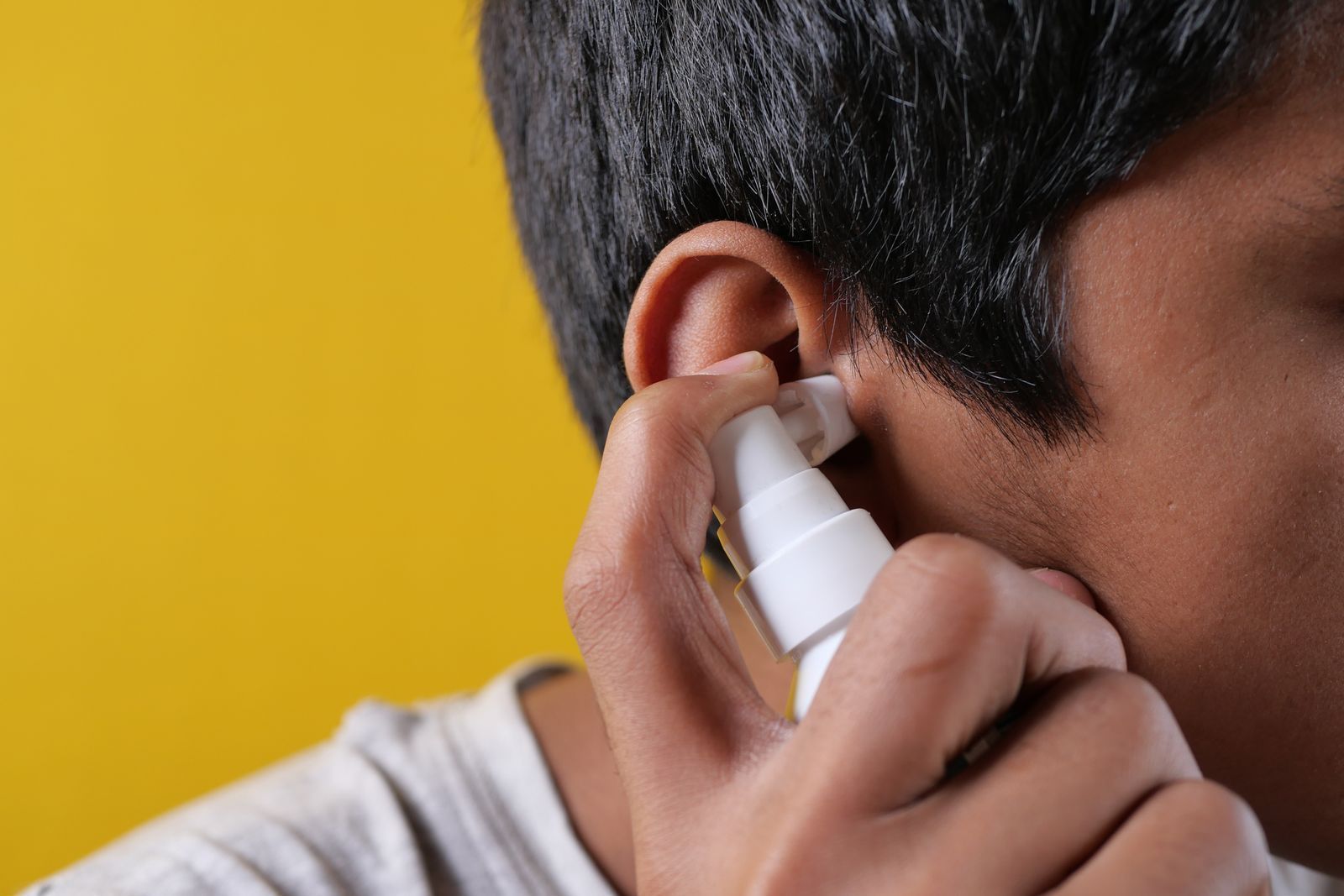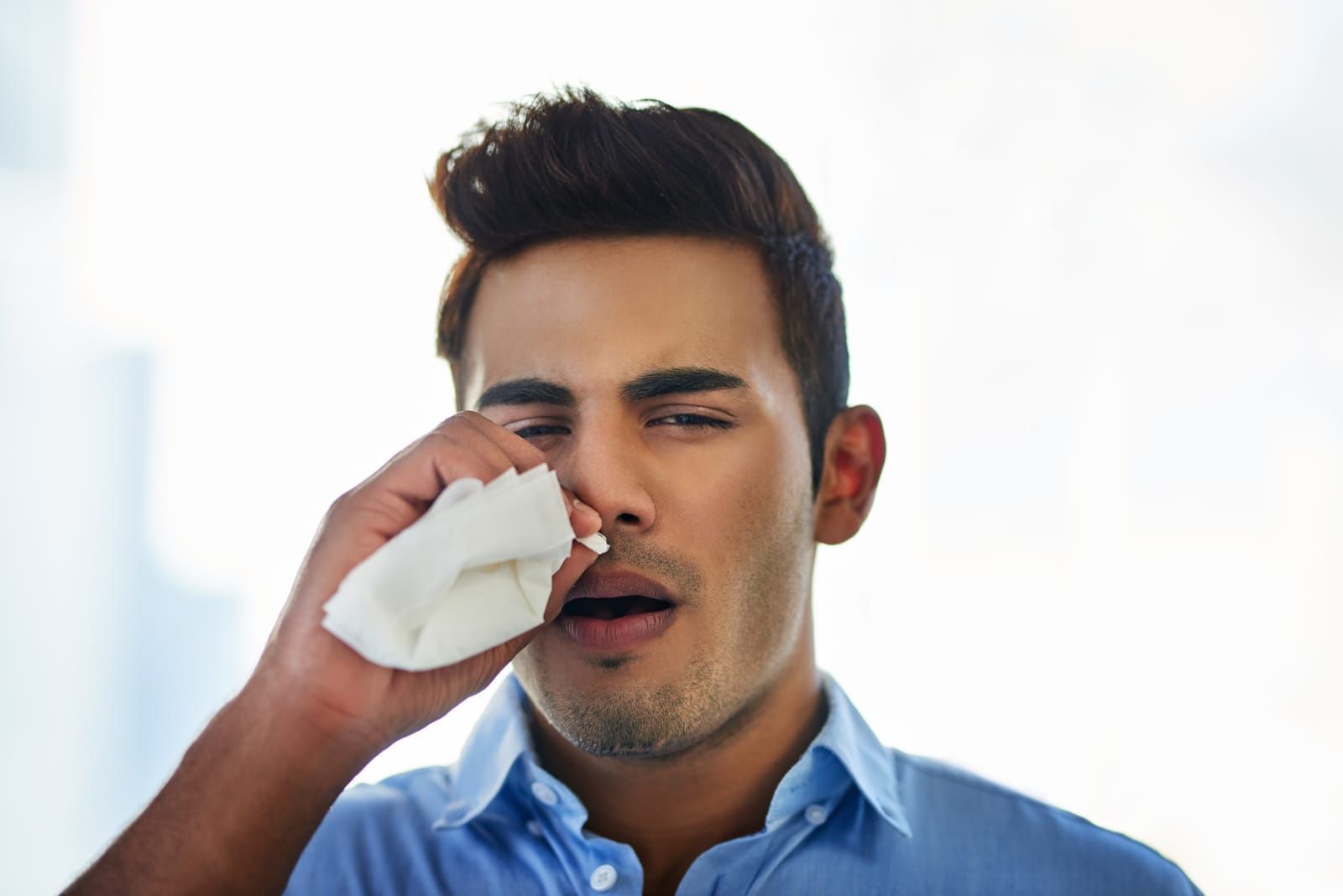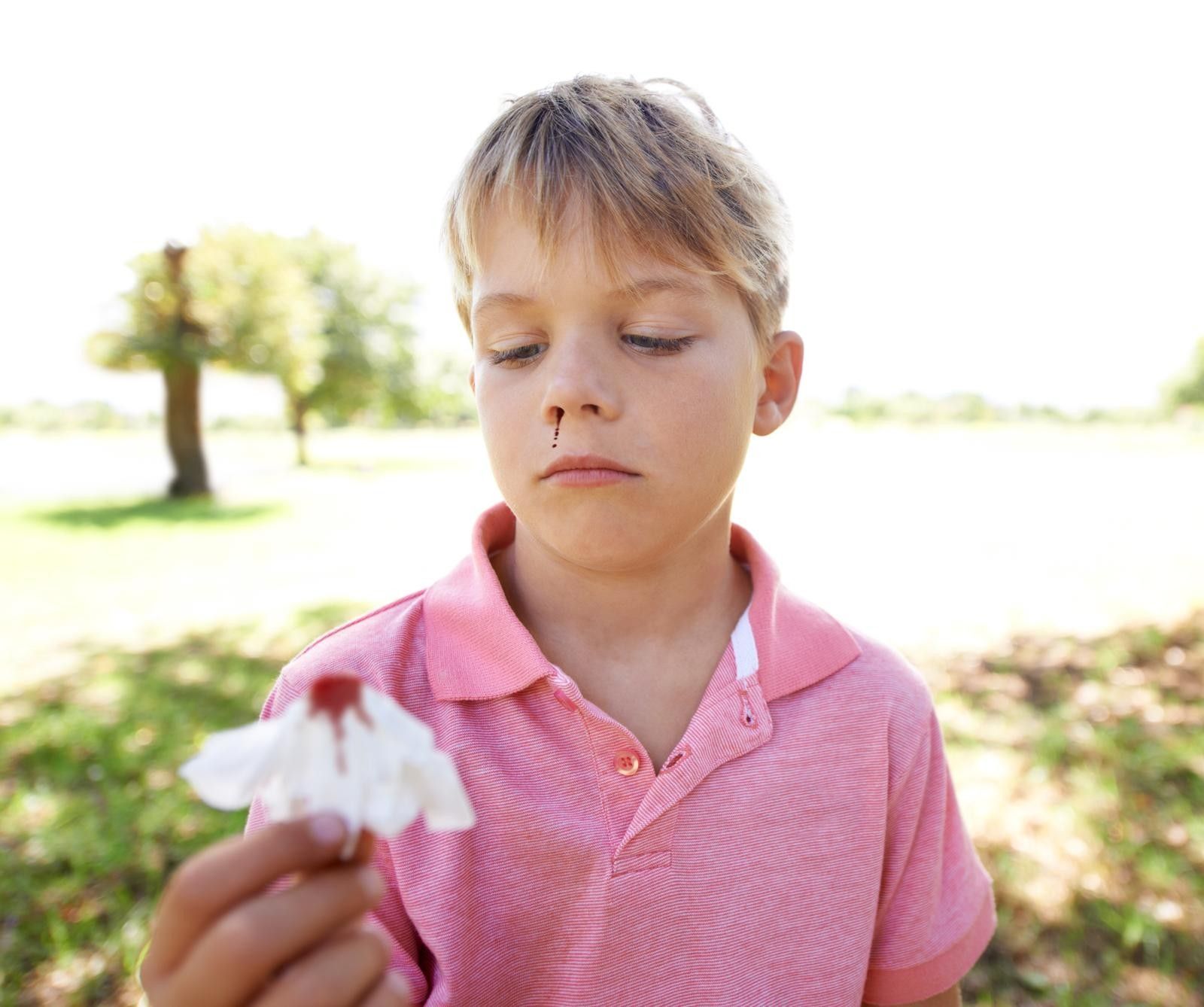Summer and Insect Stings: Understanding Allergic Reactions
Summer brings warm weather and opportunities for park picnics, but it also increases the likelihood of encountering insects that can sting. While most insect stings only cause minor discomfort, some people may have allergic reactions that need medical attention right away. In this blog post, we will explore the common types of insect stings and delve into the topic of allergic reactions.
Common Insect Stings
Among the various insects that are known to sting, bees, wasps, hornets, yellow jackets, fire ants, and mosquitoes are some of the most common culprits. When they feel threatened or when their nests are disturbed, these tiny animals frequently sting as a protection strategy. The unfortunate consequence for humans can be painful swelling at the site of the sting.
Identifying Allergic Reactions
While most people experience only local reactions to insect stings such as redness, swelling, itching, and pain around the site of the sting which typically subsides within a few hours or days; some individuals may develop allergic reactions that require prompt medical attention.
Allergic reactions can range from mild to severe (anaphylaxis) and may include symptoms such as:
- Hives or itching in areas other than the sting site
- Swelling in the face, throat or tongue
- Difficulty breathing or swallowing
- Dizziness or loss of consciousness
- Nausea or vomiting
If you or someone around you experiences these symptoms after an insect sting, it is crucial to seek immediate medical assistance as these allergic reactions can be life-threatening.
Prevention Tips
Preventing insect stings altogether might not always be possible; however, taking certain precautions can significantly reduce your chances of being stung:
- Put on long pants and a shirt with long sleeves.
- Keep food and drinks covered during outdoor activities to avoid attracting wasps and other stinging insects.
- Be careful when walking barefoot on grassy areas where bees and fire ants may be present.
- Use an EPA-registered insect repellent.
What to Do if You Get Stung
Getting stung by a wasp or other insect is usually painful and unpleasant. If this should happen to you, there are some things that must be done to lessen the pains and reduce the possibility of developing complications. Remove the stinger if it’s still embedded in your skin. Next, wash the area with soap and water. Additionally, apply on cold compress in order to decrease swelling and pain.
Seeking Medical Attention
While most people do not require medical assistance for insect stings, it is essential to know when to seek professional help:
- If you have a history of severe allergic reactions to insect stings.
- When symptoms of an allergic reaction develop beyond the immediate sting site.
- If symptoms worsen rapidly or become severe, such as difficulty breathing.
Remember, early intervention is crucial in managing severe allergic reactions caused by insect stings.
Enjoying Summer with Caution
By staying alert and following preventive measures, you can enjoy a delightful summer while minimizing the risk of being stung by insects. Remember that awareness about allergic reactions is vital for your safety and the well-being of those around you. Stay informed, take precautions, and seek prompt medical care if necessary – so that you can fully embrace everything summer has to offer!
